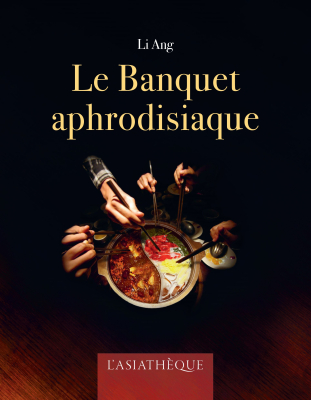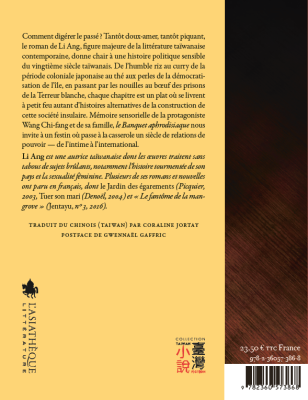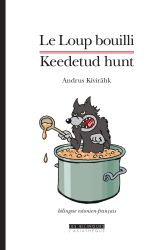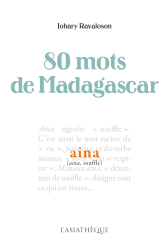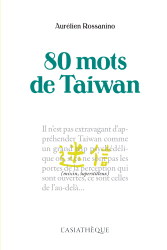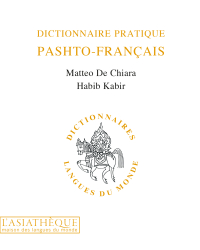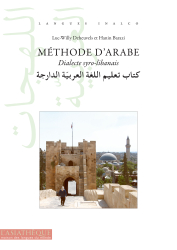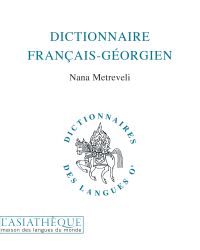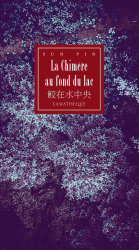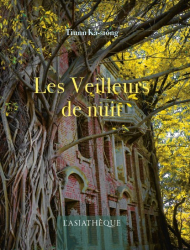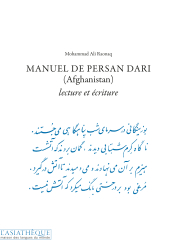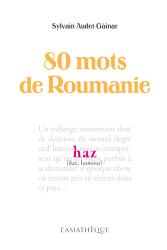How do you digest the past? At times bittersweet, at times spicy, the novel by Li Ang, a major figure in contemporary Taiwanese literature, fleshes out a sensitive political history of Taiwan's twentieth century. From the humble curry rice of the Japanese colonial period, to the pearl tea of the island's democratization, to the beef noodle of the White Terror prisons, each chapter is a dish in which alternative histories of the construction of this island society are slowly revealed. A sensory memoir of protagonist Wang Chi-fang and her family, le Banquet aphrodisiaque invites us to a feast where a century of power relations - from the intimate to the international - are put through their paces.
Postface from Gwennaël Gaffric : "Li Ang et l’histoire de Taiwan par le menu" (Li Ang and the history of Taiwan through the menu).
PRESS REVIEW
"... Le Banquet aphrodisiaque is a curious menu concocted by Li Ang, one of Taiwan's most controversial authors, at once fiery and rebellious, playful and joyful, ..."
We had the pleasure of meeting Li Ang at l'Asiathèque to discover the political and social thinking behind the meticulous description of gastronomic dishes.
I couldn't miss the opportunity to meet this controversial author, who had already made an impression on me with her novel La femme du boucher (The Butcher's Wife), inspired by a true story and which made her known abroad.
"... This dense but fascinating novel is, above all, a profoundly feminist work in which the narrator seeks to link together the history of her country, which is not simply that of China, politics and its power, gastronomy and sexuality, which are also shaped by male domination...".
Discussion with Coraline Jortay, researcher and translator of Li Ang's Le Banquet aphrodisiaque. She sheds light on the subtleties of the text, the translation process and the relationship between literature, society and gastronomy in Taiwan.
CONTRIBUTORS' BIOGRAPHIES
Li Ang
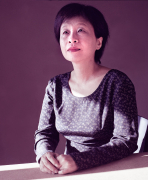
Li Ang is a Taiwanese author whose works deal unabashedly with burning issues, including her country's troubled history and female sexuality. Several of her novels and short stories have appeared in French, including Le Jardin des égarements (Picquier, 2003, Tuer son mari (Denoël, 2004) and Le fantôme de la mangrove (Jentayu, n°3, 2016).
Photo : © Li Ang
Coraline Jortay

Coraline Jortay holds a doctorate in Chinese literature at the Université libre de Bruxelles, where she defended a thesis on gender representations and identity construction among Chinese-speaking authors of the twentieth century. Also a literary translator, she won the 2nd and 3rd prizes of the 2013 China International Translation Competition with the short stories “Up”, by Wang Xiangfu, and “The Letter”, by Liu Qingbang, published in the collection Tranchant de moon and other contemporary news from China (Ming Books, 2016). She has also translated Walis Nokan's collection Les paths des rêve et autres microfictions (L’Asiathèque, 2018).
TABLE OF CONTENTS
Table des matières
Entrées
I. La civette et le pangolin
II. Le riz au curry
Plats
III. Les nouilles au bœuf
IV. Le thé aux perles
V. Gourmandises aphrodisiaques
VI. Banquet d’État
Desserts
VII. Menu dégustation
VIII. Mets végétariens
Li Ang et l’histoire de Taiwan par le menu,
postface de Gwennaël Gaffric
